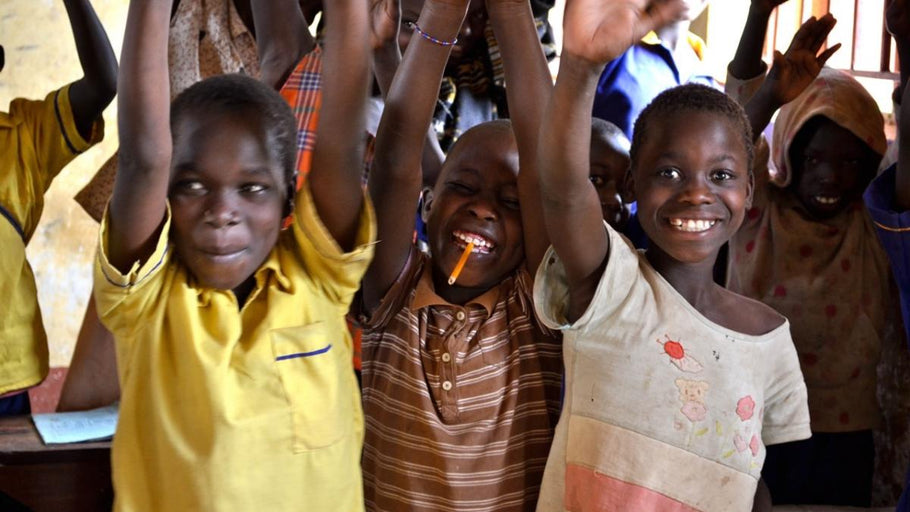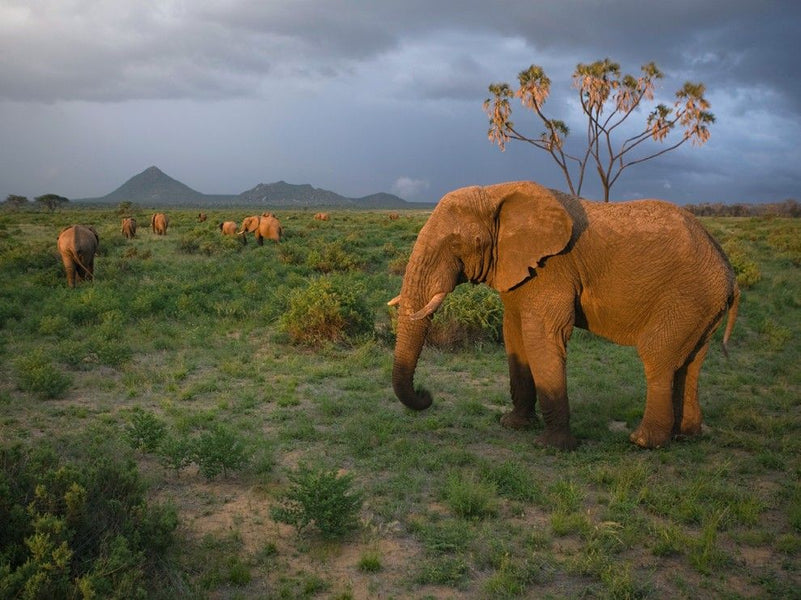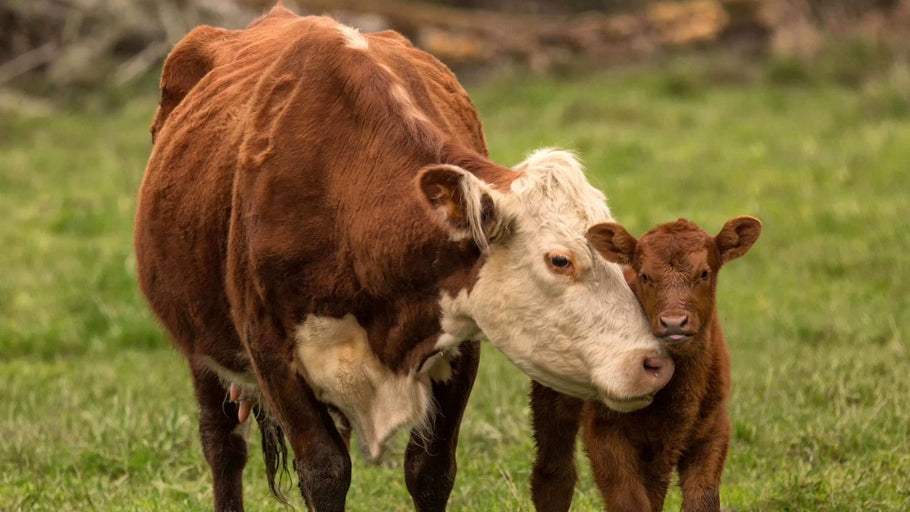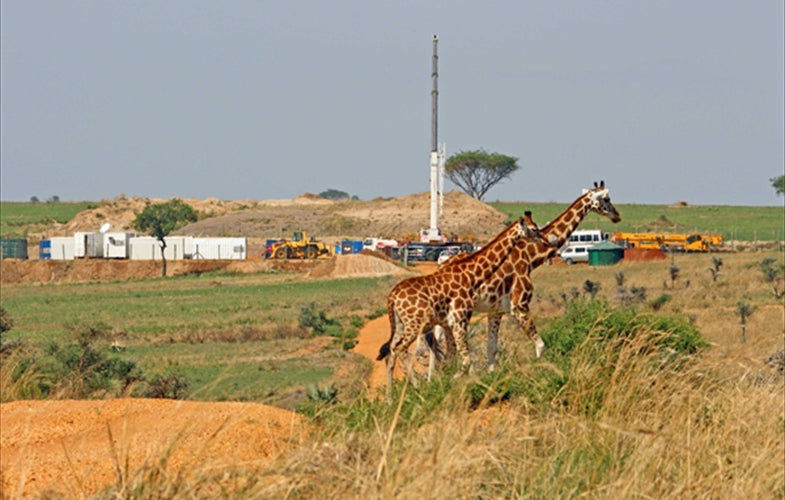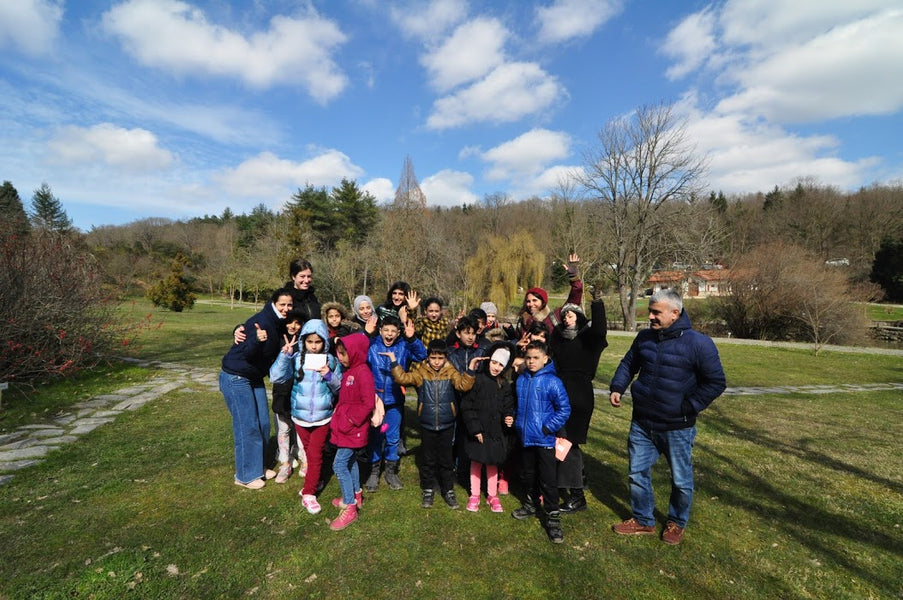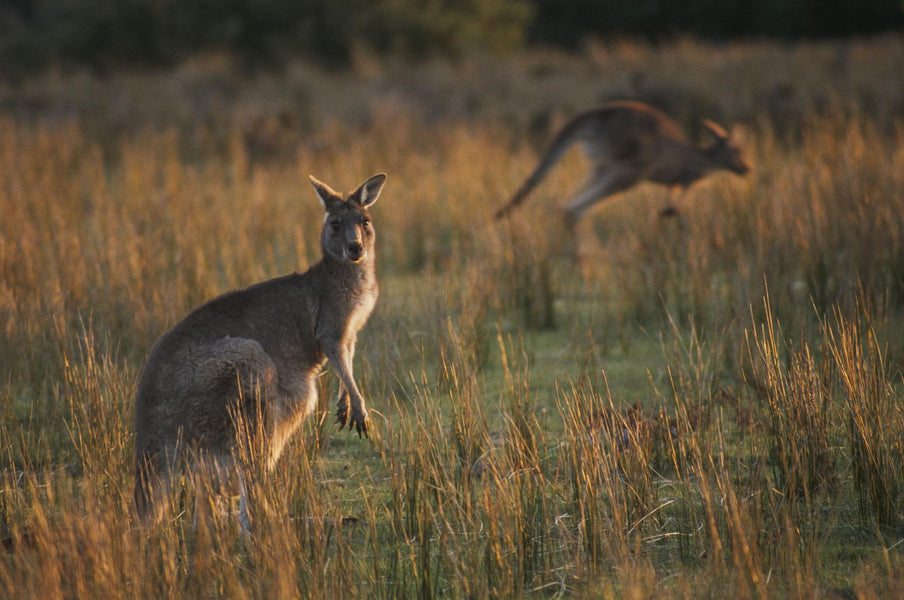Journal
Uganda is Turning Its Children into Wildlife Protectors
Uganda is educating its school children on the importance of conservation and protecting the nation’s endangered animals.
As part of an attempt by the Government to provide public guidance on wildlife protection, alongside normal curriculum subjects like maths and English, Uganda’s school children also learn about conservation education.
Students are taught about the country’s threatened species in the classroom – through educational books and board games – and through trips to wildlife education centers.
As part of an attempt by the Government to provide public guidance on wildlife protection, alongside normal curriculum subjects like maths and English, Uganda’s school children also learn about conservation education.
Students are taught about the country’s threatened species in the classroom – through educational books and board games – and through trips to wildlife education centers.
Kenya Replaced Presidents on Its Currency with Pictures of Endangered Animals
Kenya has unveiled new currency with native wildlife inscriptions, replacing images of former presidents. The nation’s wildlife and national parks are not only a source of great pride for Kenyans, they’re also a vital part of the country’s economy, bringing in crowds of tourists every year.
60% Of All Mammals On Earth Are Livestock, Says New Study
Since civilization was established, the human race has caused the loss of 83 percent of all wild animals and 50 percent of all plants. Simultaneously, livestock farmed for human consumption represents a large portion of animals on Earth, meaning the natural harmonious balance between species is decreasing while farming animals for food is increasing.
It’s Official: Giraffes Added to Endangered Species List Under Threat of Extinction
Whilst giraffes are commonly seen on safari, in the media, and in zoos, people, including conservationists, are unaware that these majestic animals are undergoing a silent extinction. While giraffe populations in southern Africa are doing just fine, the world’s tallest animal is under severe pressure in some of its core ranges across East, Central and West Africa.
Intact Forests Are Crucial to Mitigating Climate Change
In just the past decade, the world has lost more than seven percent of its intact forests; also known as large connected areas free from disturbances caused by humanity. This figure shows to be only accelerating. A new study says maintaining these remaining intact forests is of utmost importance.
'Shocking' human impact reported on world's protected areas
Six million sq km of forests, parks and conservation areas are under "intense human pressure" from mining, logging and farming.Countries rich and poor, are quick to designate protected areas but fail to follow up with funding and enforcement. This is why biodiversity is still in catastrophic decline, the authors say.
If Children Lose Contact With Nature, They Won’t Fight For It
Studies in several nations show that children's games are more creative in green places than in concrete playgrounds. Natural spaces encourage fantasy and roleplay, reasoning and observation. The social standing of children there depends less on physical dominance, more on inventiveness and language skills.
In 45 Years, We Have Killed 60% of Earth’s Wildlife
Humans have been around for more than 2 million years. But in the last 44 years, we have achieved what we haven’t in all this while: a mass annihilation of our fellow earthlings. Between 1970 and 2014, Earth lost nearly 60% decline of its mammals, birds, fish, reptiles and amphibians, almost all of it due to human activity. The rate at which Earth is losing its biodiversity is comparable only to the mass extinctions.

